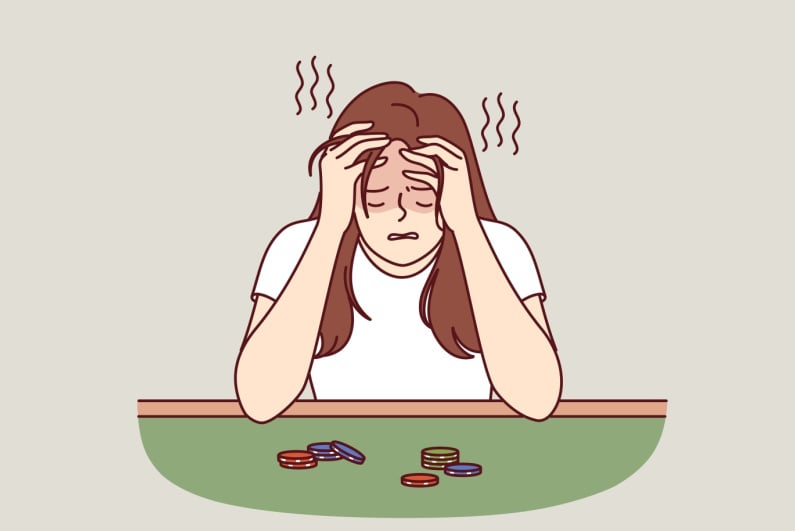Apple is cracking down on apps containing gambling content that are widely available on the App Store.
Apple’s policy bans gambling apps from individual developers, yet games from other categories have been deleted, which has led to many gambling developers to voice their concerns on Twitter.
Apple’s decision to remove them at short notice came as a shock, especially because some of the apps made no direct reference to gambling, but did offer access to the internet as a whole, so gambling sites could be accessed.
Deleted apps not all gambling-related
As reported by the BBC, Apple’s move to delete apps in order to “reduce fraudulent activity… and comply with government requests to address illegal online gambling activity” backfired when the company deleted a large number of apps that it shouldn’t have.
The company meant to crack down on apps that operate in the gambling space, with the aim of reducing the amount of fraud and money laundering that takes place via these platforms.
The main issue with this move is that the company deleted the wrong apps. Owners of apps covering topics such as local news, Xbox screenshots, and GIFs were all temporarily banned. Apple’s platform allows developers to make their applications available to people using the iOS operating system. Apps can be developed and made available on the App Store by anyone, but terms of use agreements are designed to prevent any illegal activity from being hosted on apps made available through Apple.
Themes of the apps are wide-ranging, but it does not appear that the age-restriction of gambling is at the root of these decisions. The main concern for Apple is that these apps could have been used for money laundering or fraud.
Users angered by downtime
Developers shared the feedback sent to them from users on Twitter. Many people were angered that apps they had been using for a long time were suddenly made unavailable.
Developers were worried that their income would be affected by the move. Some said they were grateful their apps aren’t their only sources of income, while others who did not have other revenue streams came to terms with the cost of the downtime.
The anger was particularly noticeable among developers whose apps did not contain any references to gambling whatsoever. One said: “Apple says these apps contain gambling but they don’t reveal how they have detected this.” Most of the apps were restored after around 15 hours of downtime, but apps’ owners are concerned that those who had previously downloaded their apps might have sought the service they offered elsewhere before the issues were resolved. Apple is yet to comment on the situation, but developers are hoping that a more effective system will be put in place before any further bulk app deletions take place.
App deleted after ten years
One app, a simulated gambling game, was deleted just days before its 10th anniversary on the App Store.
However, many users felt that, if the aim was to stop problem gamblers from getting hooked on games, the move would have been justified but, based on the reasoning Apple gave, the move to delete such applications seems confused.
Other developers whose apps had just started to gain a loyal following saw a drop in their user numbers after their apps were reinstated, which is of particular concern to startups that rely on download numbers to satisfy investor-led milestones. The downtime caused a lot of stress for the teams behind the deleted apps as they worked to reinstate the apps to limit the damage caused to consumer loyalty.
Apple has not yet commented on how the incident happened, and many independent app developers will likely be keeping a close eye on how the situation progresses to see if any updates need to be made to their apps to prevent the same scenario happening to them too. Independent developers of gambling apps will need to find an alternative way to make their products available.
The ease of access to gambling is something high in the public agenda, as there are now some apps which look at ways of restricting access to vulnerable users.




